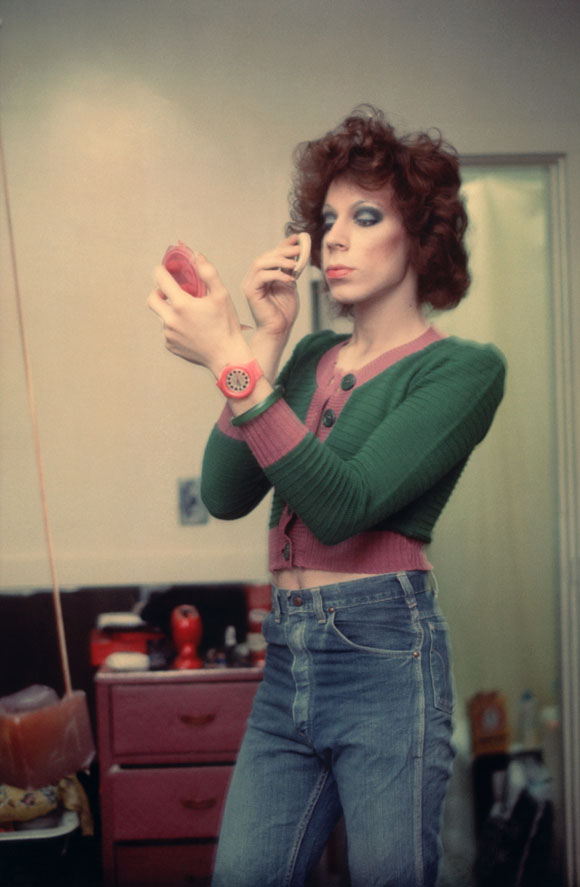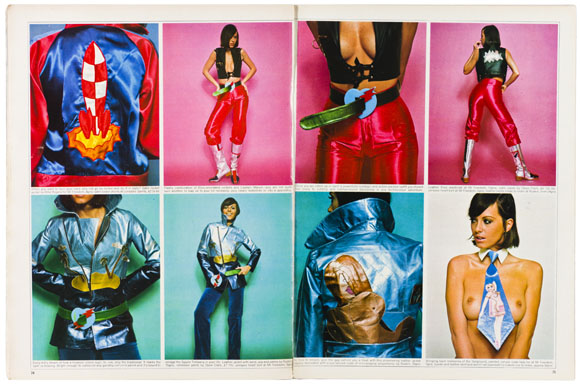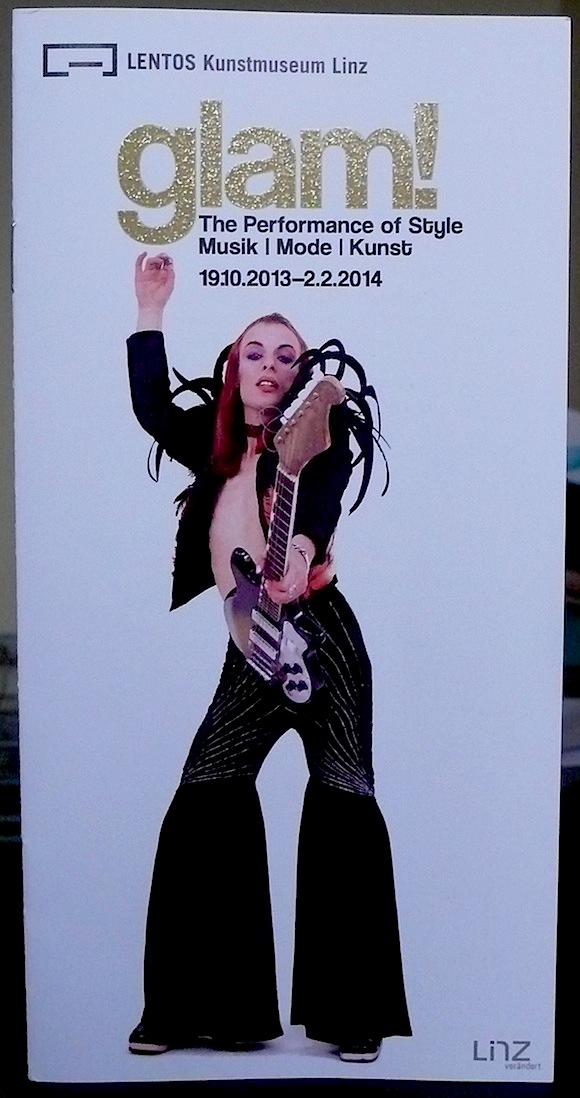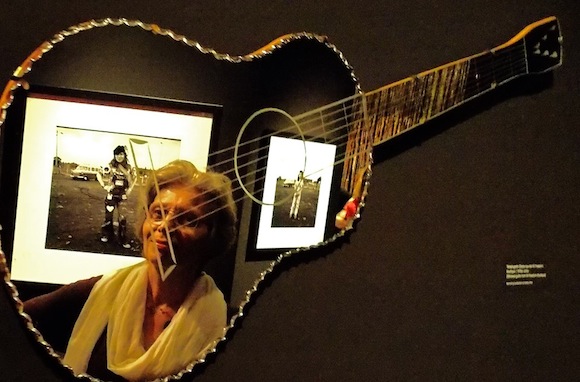
//Kenny putting on make up, Nan Goldin, Boston, 1973 //
Perhaps it is a matter of displacement – that slippery moment when art becomes commerce, shifting back again into the cultural arena as another kind of commodity. The fact is, even today, few among us are willing to acknowledge that certain mass culture forms and practices may comprise the most significant ‘culture’ of our time, precisely because of their ‘popular’ characteristics.
Marcia Tucker and William Olander, New Museum Of Contemporary Art, 1988.
In the 25 years since Tucker and Olander made this statement, the displacement they sought to define has become, if anything, more slippery.
For this reason alone, Liverpool Tate curator Darren Pih must be applauded for negotiating such tricky waters with Glam! The Performance Of Style, the exhibition he has curated in an attempt to locate the early 70s glam-rock phenomenon in the context not just of a certain area of artistic practice of the period but also more broadly the interplay between “high” and mass culture.

//Fashion spread featuring Mr Freedom and Ossie Clark designs, Nova, May 1970 //
Read the rest of this entry »
Tags: Candy Darling, Darren Pih, Glam!, John MacManus, Marc Camille Chaimowicz, Marcia Tucker, Nan Goldin, Nova, Ossie Clark, Peter Hujar, Tate Liverpool, Trevor myles, William Olander















Recent Comments